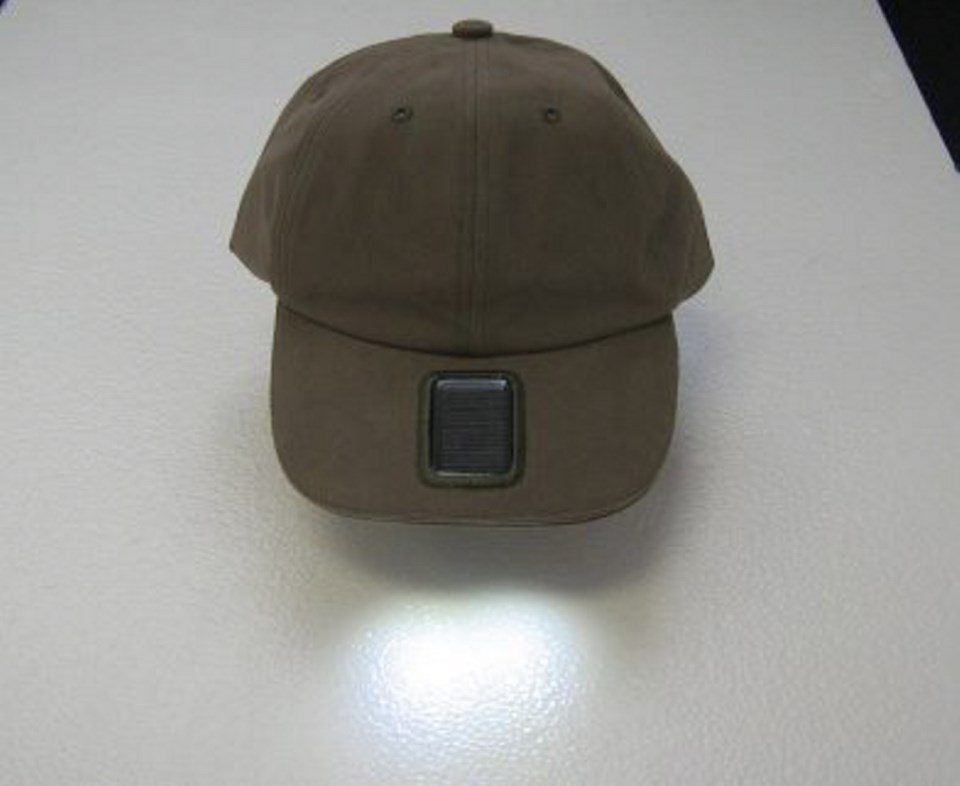They say that necessity is the mother of invention. When Mother Necessity visited Sam Goldman one dark African night, she came disguised as a broken lantern and a poisonous snake.
Goldman was a young, idealistic Peace Corps volunteer, serving in a remote village in Benin that had no electricity.
Trying to navigate his hut by the light of a tiny kerosene lamp, he didn’t see the snake until too late. When it bit him, he dropped the lamp and it smashed. What followed was a frantic scramble in the pitch black to find the local medical clinic for anti-venom.
Goldman survived, but the incident caused him to reflect.
Encounters with unseen snakes in the night were a common local occurrence. So, too, were fires caused by falling or faulty kerosene lamps.
There had to be a better way of bringing light to people in the developing world — one that was affordable and wouldn’t be a fire hazard.
In his quest for a solution, Goldman — a once-avowed anti-globalization activist — discovered that business does not have to be the enemy of development.
Goldman recalls the covetous fascination of his village neighbours when a North American friend visited him, bringing a small LED camping headlamp. Could LED lights — bright, energy-efficient and inexpensive to produce — be the answer?
Goldman wrote to several lighting companies to pitch them on developing an affordable LED lamp ideal for conditions in developing communities. None showed interest.
If Goldman wanted to bring light, he’d have to do it himself. But he couldn’t just design a lamp. He’d need his own company to make and sell it. He had to overcome his distaste for business.
Back in North America, a new course offered at Stanford University’s school of business — Entrepreneurial Design for Extreme Affordability — piqued Goldman’s interest. He enrolled.
When the time came for the practical class assignment, he knew exactly what his project would be.
Together with classmate Ned Tozun, he designed a cheap, robust LED lamp. Since batteries are expensive and often difficult to come by in developing communities, they built the lamp to run off a solar-powered battery that could be recharged during the day and provide up to 12 hours of light.
Now they had a product, Goldman and Tozun developed a business plan to bring ultra-affordable power solutions to some of the world’s 1.2 billion people who remain off the grid.
They decided a social enterprise — a model in which all profits are invested back in the company, allowing it to do more good — would help the most people.
“Unless we make appropriate margins and a decent profit, we cannot grow,” Goldman told Stanford’s Centre for Social Innovation.
“Ned and I, we don’t want to impact 100 villages or 1,000 villages and we don’t want to change 10,000 people’s lives. We need to get out to hundreds of millions.”
Their plan was more than academic. As soon as the Stanford program was over, Goldman and Tozun founded the social enterprise d.light.
To help people in developing communities afford their solar-powered lights, they enlisted microfinance companies to give villagers small loans.
Gradually, the company has introduced improved models at higher prices, allowing time for customers to save for upgrades.
The social enterprise says its solar products have reached 25 million people, and it has saved consumers in the developing world more than $767 million in energy-related expenses, such as kerosene, while eliminating about 1.8 million tonnes of carbon dioxide emissions.
In a country like Benin, with 12 extra hours of light each day, schoolchildren study after their household chores are completed, and adults extend the workday, potentially increasing income.
What’s more, the fumes and fire hazards that come with kerosene lamps are eliminated.
And of course, the bright LED lights make it that much easier to spot the snakes before they spot you.
The social enterprise wants to empower 100 million people by 2020 and eventually eliminate kerosene lamps altogether. Goldman, the one-time anti-corporatist, has converted to a compassionate capitalist, applying his newfound business skills to solving the world’s challenges.
Brothers Craig and Marc Kielburger founded a platform for social change that includes the international charity Free The Children, the social enterprise Me to We, and the youth empowerment movement We Day.



